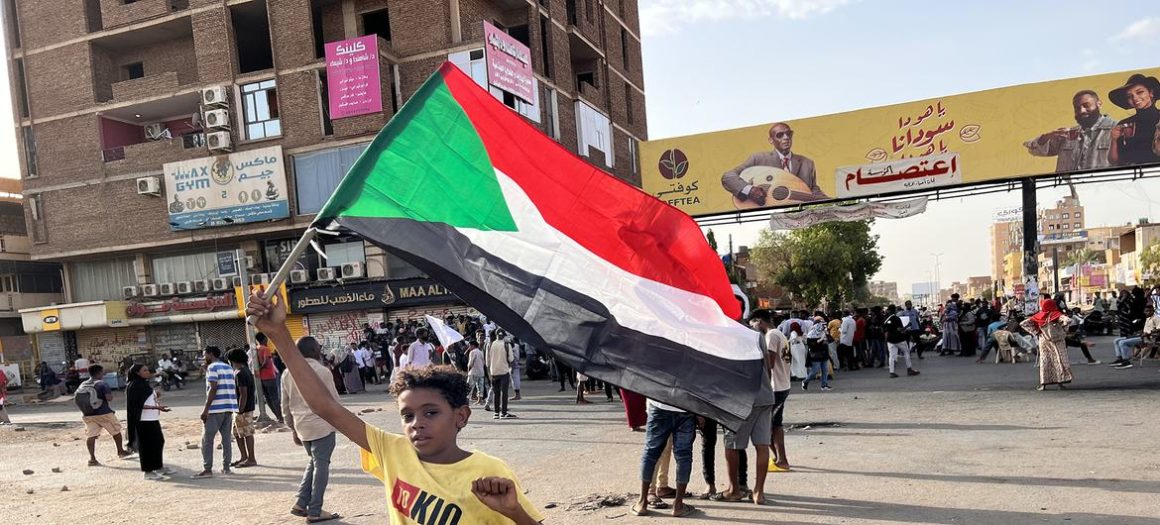The agreement negotiated in Jeddah is unlike past ceasefires as it is supported by an international ceasefire monitoring structure.
Qatar has welcomed a short-term ceasefire signed between the Sudanese Armed Forces and the Rapid Support Forces (RSF), which was signed in the Saudi coastal city of Jeddah to enable the distribution of humanitarian aid.
Signed on Saturday, the seven-day ceasefire – which will go into force on Monday at 21:45 local time in Sudan (19:45 GMT), could be extended if both sides agree, the United States and Saudi Arabia mediators announced.
“Both parties have conveyed to the Saudi and US facilitators their commitment not to seek military advantage during the 48-hour notification period after signing the agreement and prior to the start of the ceasefire,” Qatar’s foreign affairs ministry said in a statement.
Qatar hopes that the agreement would pave the way for a long-term ceasefire and subsequent extensive talks involving all warning Sudanese factions, in an effort to reach a comprehensive deal and a lasting peace, the statement added.
The statement reaffirmed Doha’s position, which calls for an early end to the conflict in Sudan, the use of the greatest caution, and giving priority to reason and the general interest of the people of Sudan.
It also expressed Qatar’s appreciation of the US and Saudi’s efforts to reach this agreement as well as for their intentions to put an end to the conflict and bring stability to Sudan.
The warring sides in Sudan had already reached a consensus during the Jeddah negotiations to protect civilians and enable the flow of aid to people affected by the violence.
However, prior ceasefire agreements have collapsed due to violations from both sides.
“It is well known that the parties have previously announced ceasefires that have not been observed,” the US-Saudi statement said.
The agreement negotiated on Saturday is unlike past ceasefires, the statement added.
“Unlike previous ceasefires, the Agreement reached in Jeddah was signed by the parties and will be supported by a US-Saudi and international-supported ceasefire monitoring mechanism.”
The Monitoring and Coordination Committee will consist of three delegates from the US, three from Saudi Arabia, and three from each party.
Nearly a month ago, Sudan’s army and the RSF went to war, which has killed at least 850 civilians, according to figures released by the Sudanese Doctors Syndicate on Saturday.
The conflict has also forced almost 200,000 people out of their homes – many of which have headed to neighbouring countries. At least 700,000 people are thought to be internally displaced.
Meanwhile, widespread looting has been attributed to a shortage of food and medicine as well as the departure of international relief organisations.
Power struggle
The RSF is led by former militia leader General Mohamed Hamdan Dagalo, widely known as Hemedti. He was also the leader of the Janjaweed militia during the Darfur genocide in 2003 when the group carried out war crimes in cooperation with former leader Sudanese Omar Al Bashir.
Bashir was toppled in 2019 during a mass revolution in Sudan, during which protesters across the country demanded civilian leadership.
However, four months into the Sudanese uprising, military leaders signed a power-sharing agreement with the Forces of Freedom and Change (FFC) and formed a Sovereign Council.
The declaration set late 2023 as the deadline for elections to elect a civilian administration.
Sudanese political parties and the military signed a deal in December last year, which aimed to pave the way for a two-year civilian transition period, though its fate remains in question as the flare-up continues.
